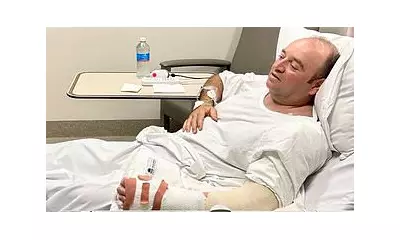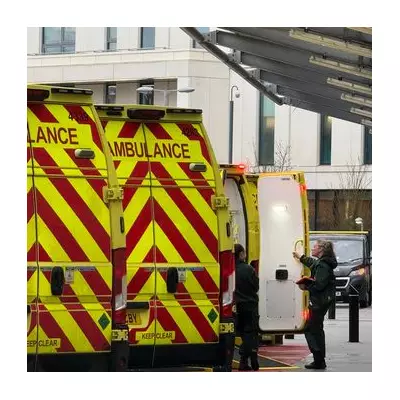
Startling new research from Australia has revealed that children suffering from chronic pain face a dramatically increased risk of developing serious physical and mental health conditions that can persist well into adulthood. The comprehensive study, which tracked young patients over several years, paints a concerning picture of the long-term consequences of untreated childhood pain.
The Hidden Epidemic Affecting Young Lives
Chronic pain in children represents a silent health crisis that often goes unrecognised and undertreated. Unlike temporary discomfort from injuries or illnesses, chronic pain persists for months or even years, significantly impacting a child's quality of life, education, and social development.
Key Findings from the Landmark Study
The Australian research team discovered that children experiencing persistent pain were substantially more likely to develop:
- Chronic physical health conditions in adulthood
- Mental health disorders including anxiety and depression
- Sleep disturbances and fatigue-related issues
- Difficulties with social integration and employment
Why Early Intervention is Crucial
Medical experts emphasise that identifying and treating chronic pain in childhood could prevent decades of suffering. "We're failing these children by dismissing their pain as growing pains or temporary discomfort," stated one leading paediatric specialist involved in the research.
Recognising the Symptoms
Parents and healthcare providers should be alert to warning signs including:
- Persistent complaints of pain lasting more than three months
- Pain that interferes with school attendance or activities
- Changes in mood, sleep patterns, or appetite
- Avoidance of physical activities they previously enjoyed
A Call to Action for Healthcare Systems
The study's authors are urging healthcare providers and policymakers to develop better screening protocols and treatment pathways for paediatric chronic pain. They recommend multidisciplinary approaches combining medical treatment, psychological support, and physical therapy.
"This isn't just about managing pain—it's about preserving futures," the researchers concluded. "We have both the opportunity and responsibility to change how we approach this critical aspect of children's health."





